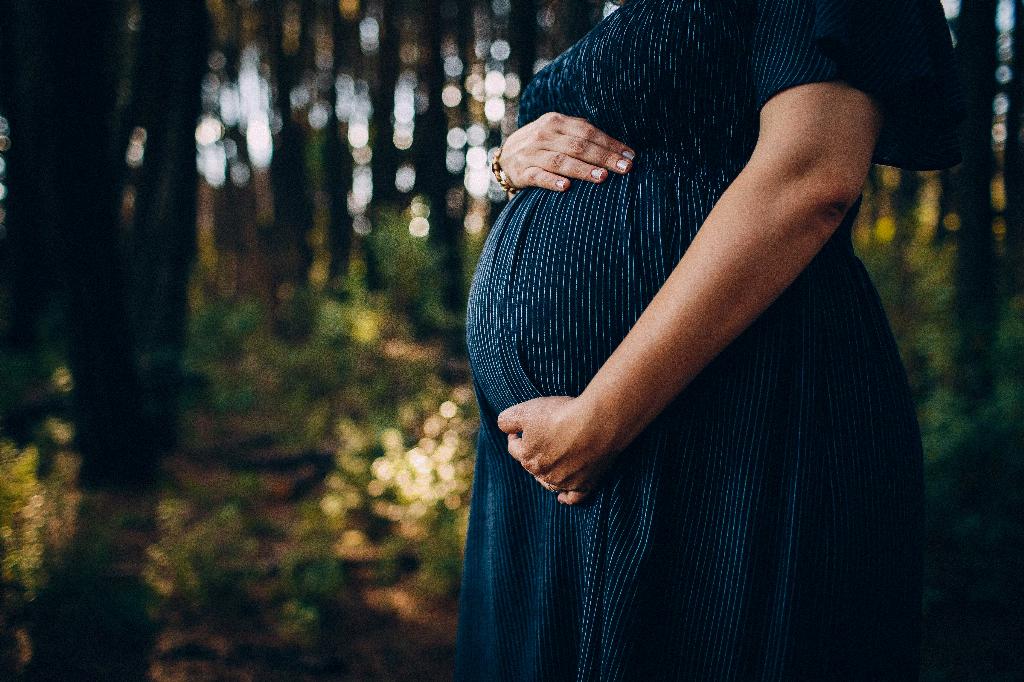When it comes to taking a pregnancy test at 3 weeks, the timing can play a crucial role in the accuracy of the results. Many women may feel the urge to take a test early to confirm their suspicions, but it’s important to understand that the chances of getting a positive result at this stage are relatively low.
Factors Affecting Early Pregnancy Test Results
Several factors can influence the accuracy of a pregnancy test at 3 weeks. The level of hCG (human chorionic gonadotropin) hormone in your body, which the test detects, may not be high enough to yield a positive result. Additionally, implantation of the fertilized egg may not have occurred yet, further lowering the chances of a positive test.
Timing and Sensitivity of Pregnancy Tests
Most home pregnancy tests on the market are designed to detect hCG levels in urine around the time of a missed period, generally about 4 weeks into pregnancy. Some tests claim to detect pregnancy earlier, but their sensitivity may vary, impacting the chances of a positive result at 3 weeks.
False Positives and Negatives
It’s also essential to consider the possibility of false positives or false negatives when taking a pregnancy test early. Factors such as an expired test, improper use, or underlying medical conditions can all contribute to inaccurate results, leading to confusion and unnecessary stress.
When to Take a Pregnancy Test
While the prospect of knowing early may be tempting, waiting until after your missed period to take a pregnancy test is often recommended for more reliable results. At this stage, the hormone levels are typically high enough to provide a clearer indication of pregnancy.
Consulting a Healthcare Provider
If you suspect you may be pregnant but receive a negative result at 3 weeks, it’s advisable to consult with a healthcare provider for further evaluation. They can conduct a blood test to measure hCG levels accurately and address any concerns you may have.
Emotional Considerations
The emotional rollercoaster of waiting for a pregnancy test result can be challenging, especially when taken early. It’s essential to practice self-care, seek support from loved ones, and stay positive regardless of the outcome.
Understanding Your Body’s Signals
Listening to your body and recognizing early signs of pregnancy, such as tender breasts, fatigue, or nausea, can provide additional clues before taking a test. However, it’s crucial to maintain realistic expectations and await conclusive results.
Importance of Patience and Positivity
Patience is key when navigating the uncertainties of early pregnancy testing. Keeping a positive mindset, staying informed about the process, and trusting in your body’s natural rhythms can help you manage the emotional ups and downs effectively.
Next Steps After a Positive Result
If you do receive a positive pregnancy test at 3 weeks, congratulations! It’s time to schedule an appointment with your healthcare provider to begin prenatal care, discuss next steps, and embark on this exciting journey towards motherhood.
Final Thoughts
Ultimately, while it’s not common to get a positive pregnancy test at 3 weeks, every woman’s body and pregnancy journey are unique. By staying informed, practicing patience, and seeking appropriate medical guidance, you can navigate the early stages of pregnancy with confidence and positivity.

